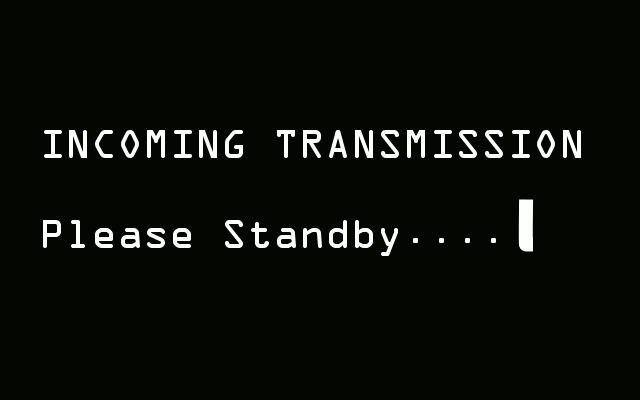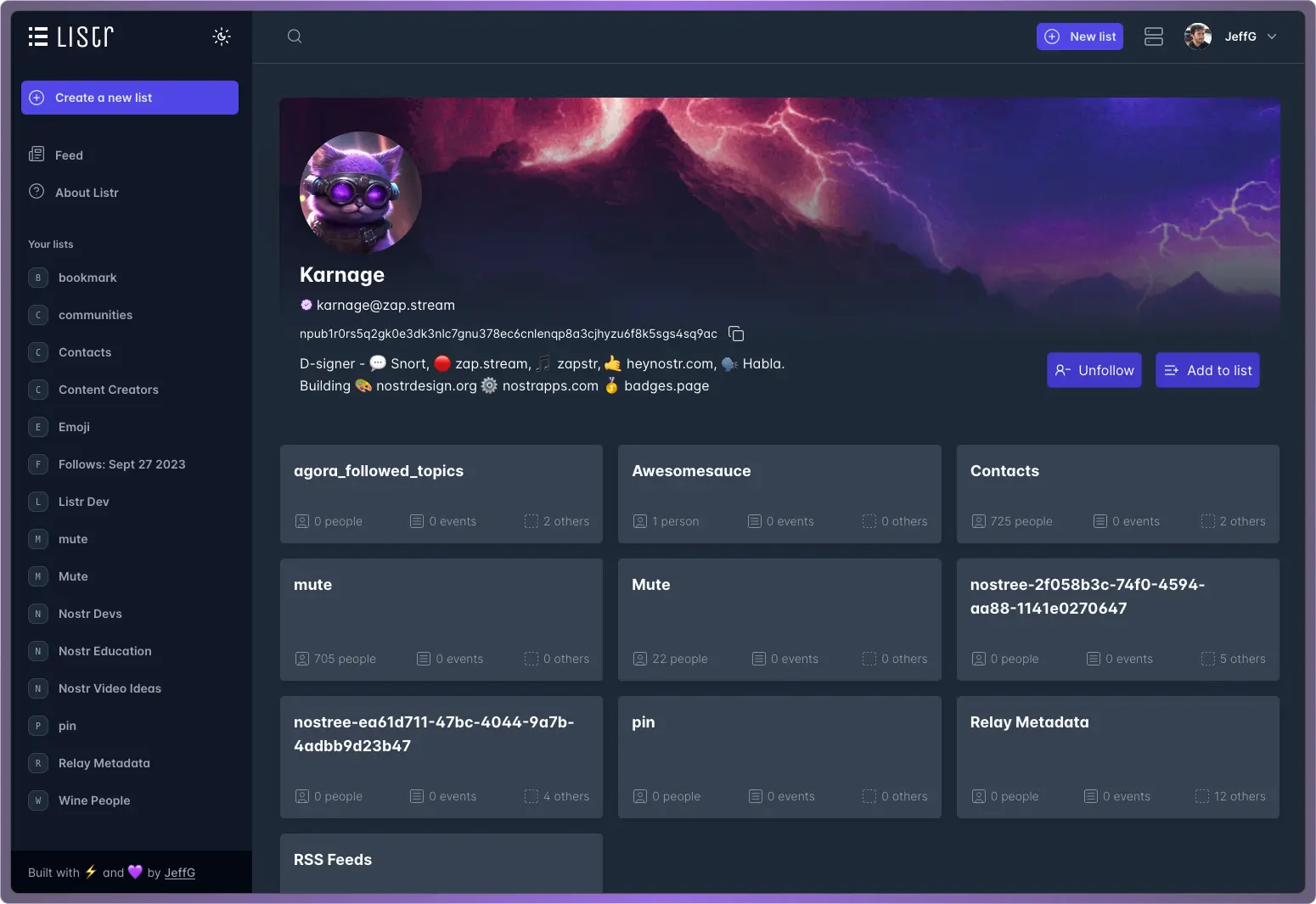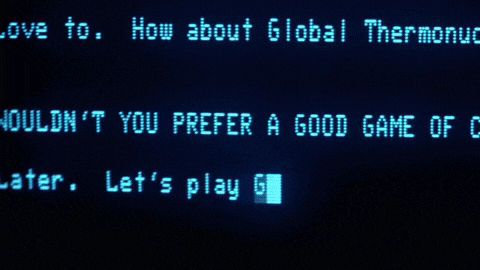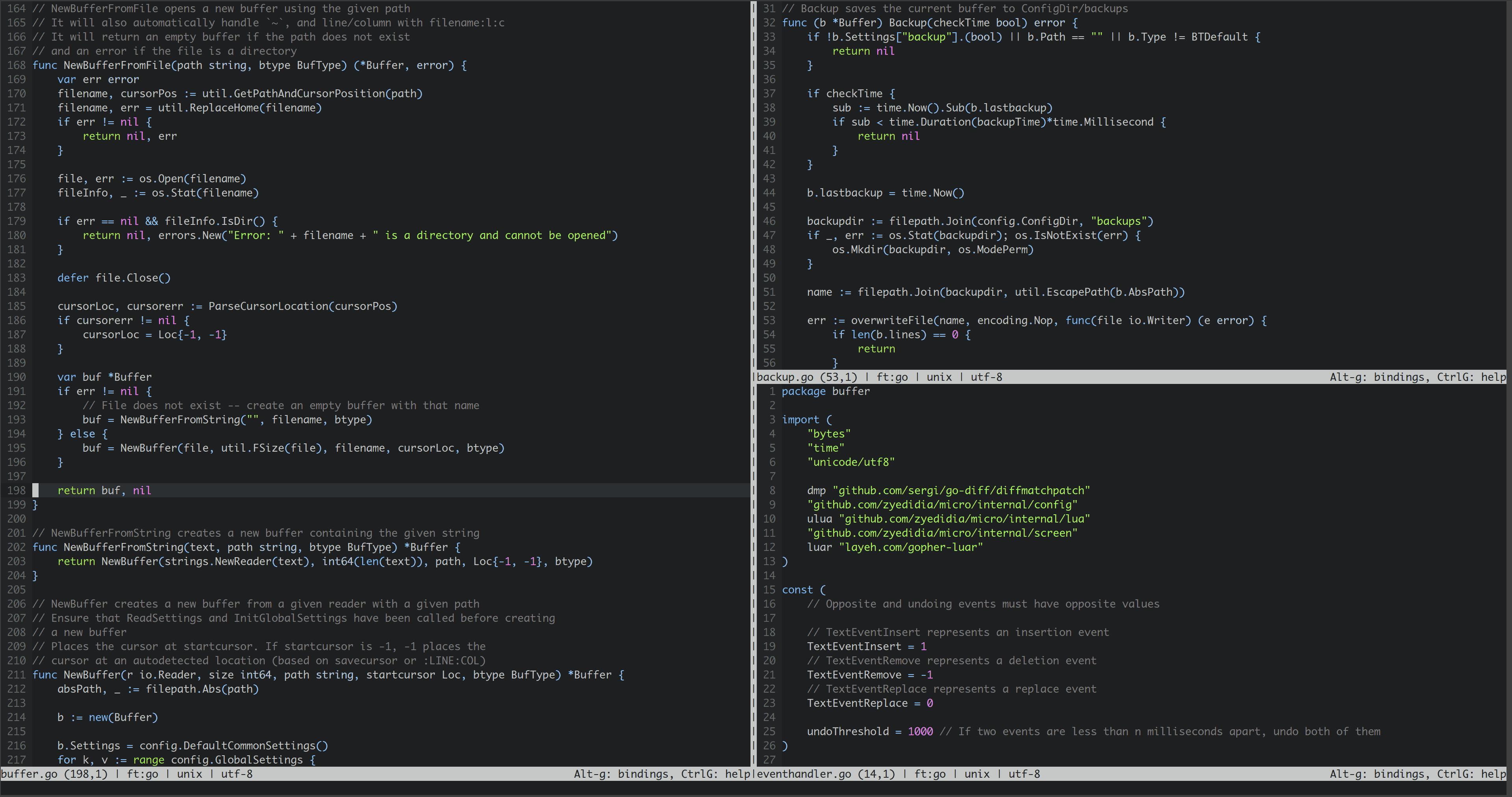The operational landscape for Nostr relay operators is fraught with multifaceted challenges that not only pertain to technical feasibility but also address pivotal economic realities in an increasingly censored digital environment.
While the infrastructure required to run a Nostr relay can be considered comparatively lightweight in terms of hardware demands, the operators must navigate a spectrum of operational hurdles and associated costs. Key among these are bandwidth allocation, effective spam mitigation, comprehensive security protocols, and the critical need for sustained uptime.
To ensure economic viability amidst these challenges, many relay operators have implemented various strategies, including the introduction of rate limiting mechanisms and subscription-based financial models that leverage user payments to subsidize operational costs. The conundrum remains: how can the Nostr framework evolve to permit relay operators to cultivate at least a singular relay to its fullest operational efficiency?
It is essential to note that while the trajectory of user engagement with these relays remains profoundly unpredictable—analogous to the nebulous impetus behind their initial inception—indicators within our broader economic and sociocultural contexts illuminate potential pathways to harmonizing commercial interests with user interaction through the robust capabilities of websocket relays.
A few musingsI beg you to think about the Evolutionary Trajectory of Nostr Infrastructure Leveraging BDK (Bitcoin Development Kit) and NDK (Nostr Development Kit) in the Context of Sovereign Communication Infrastructure
As the Nostr ecosystem transitions through its iterative phases of maturity, the infrastructure, notably the relays, is projected to undergo significant enhancements to accommodate an array of emerging protocols, particularly highlighted by the Mostr Bridge implementation.
Additionally, the integration of decentralized identity frameworks, exemplified by PKARR (Public-Key Addressable Resource Records), signifies a robust evolutionary step towards fostering user accountability and autonomy.
Moreover, the introduction of sophisticated filtering mechanisms, including but not limited to Set Based Reconciliation techniques, seeks to refine the user interface by enabling more granular control over content visibility and interaction dynamics.
These progressive innovations are meticulously designed to augment the overall user experience while steadfastly adhering to the foundational ethos of the Nostr protocol, which emphasizes the principles of digital freedom, uncurtailed access to publication, and the establishment of a harassment-free digital environment devoid of shadowbanning practices.
Such advancements underscore the balancing act between technological progression and ethical considerations in decentralized communication frameworks.





